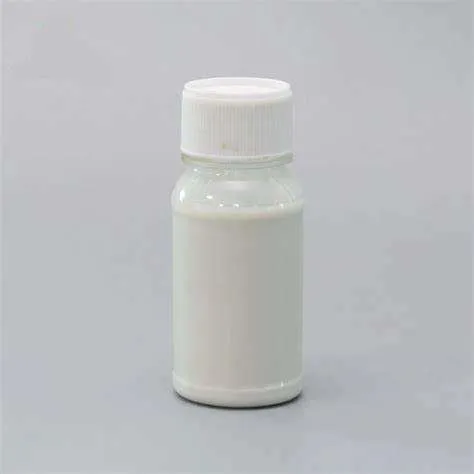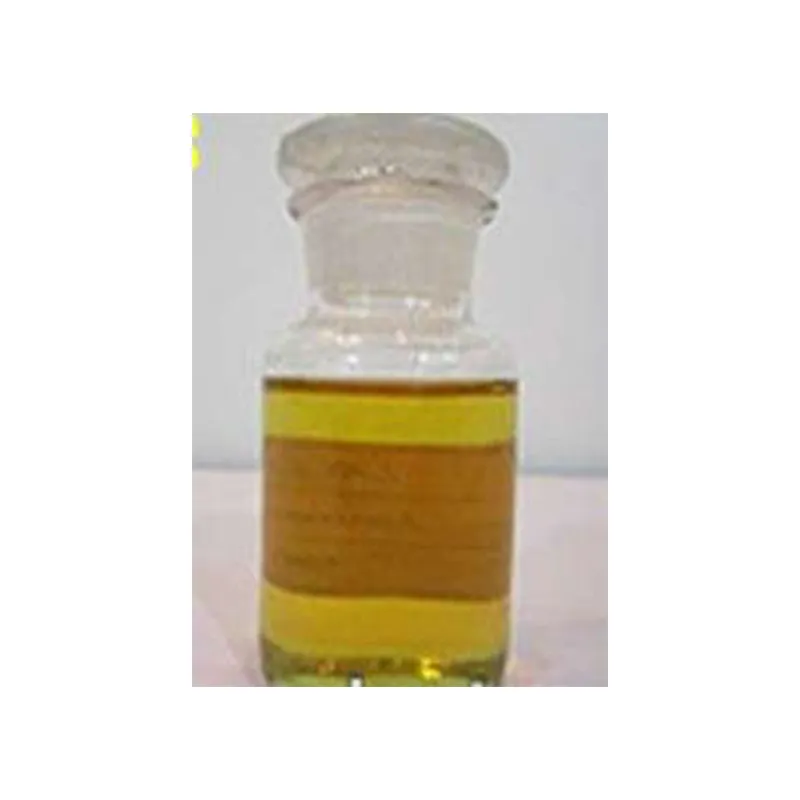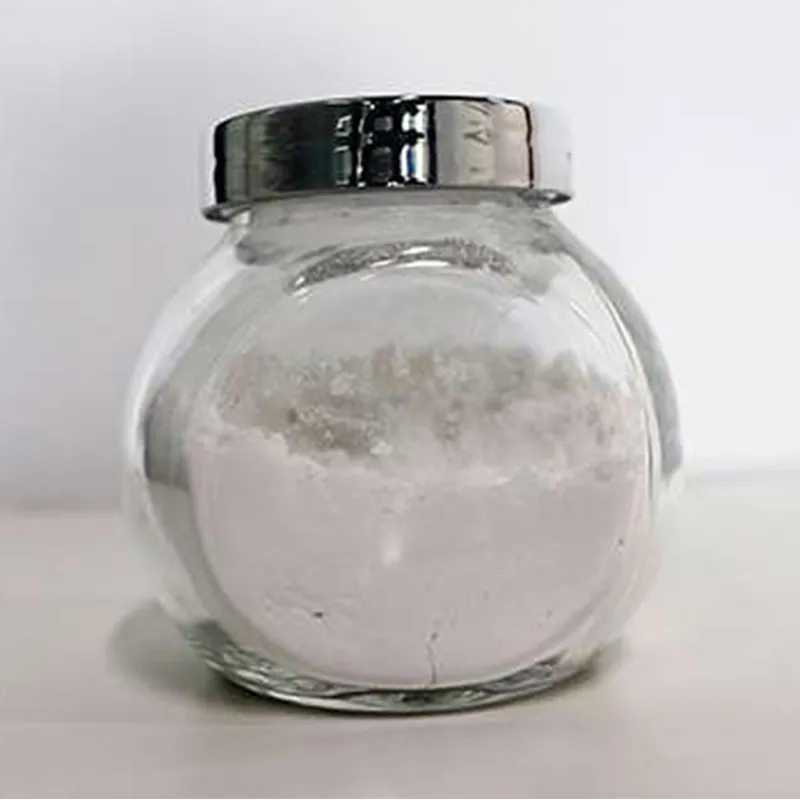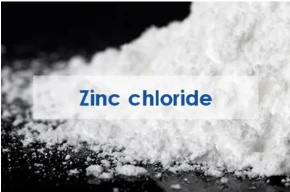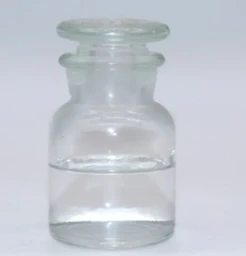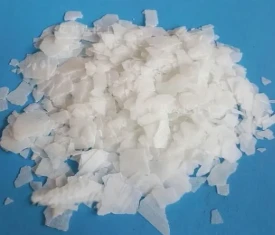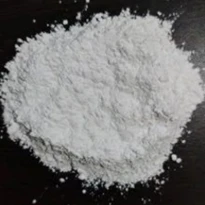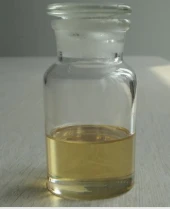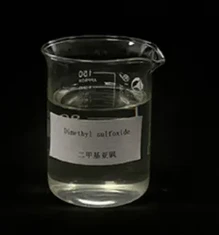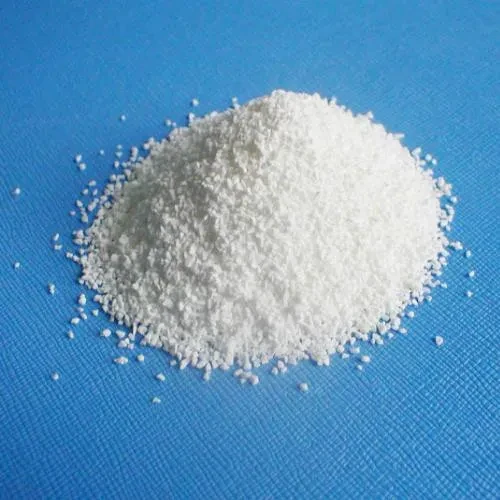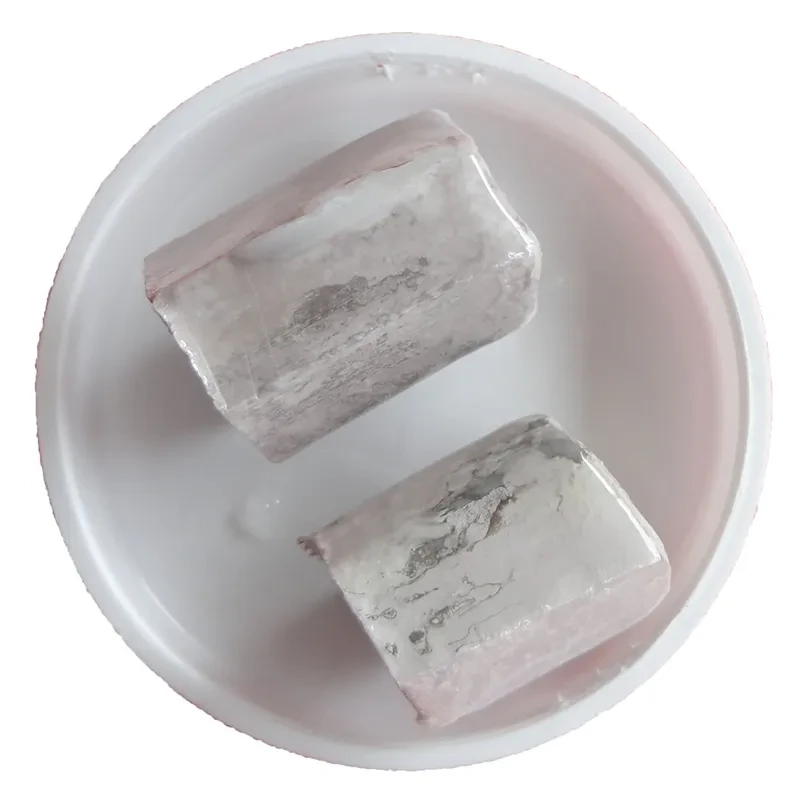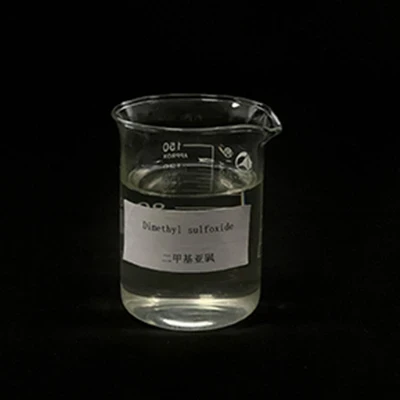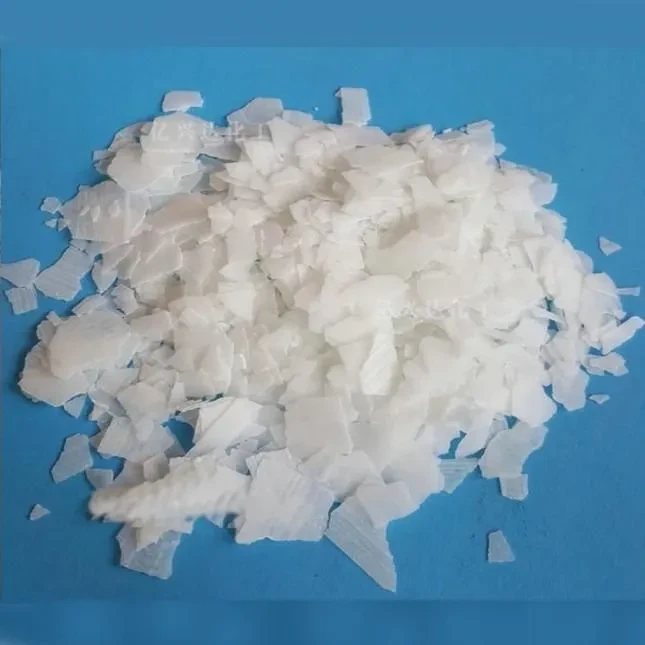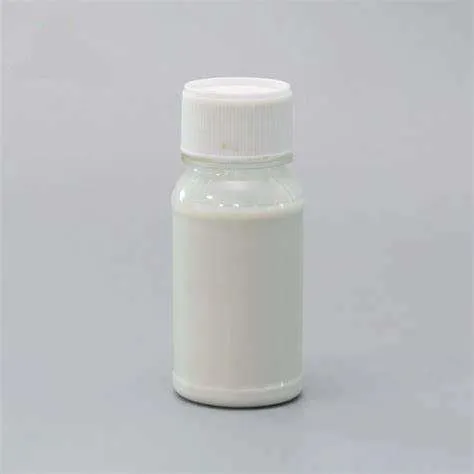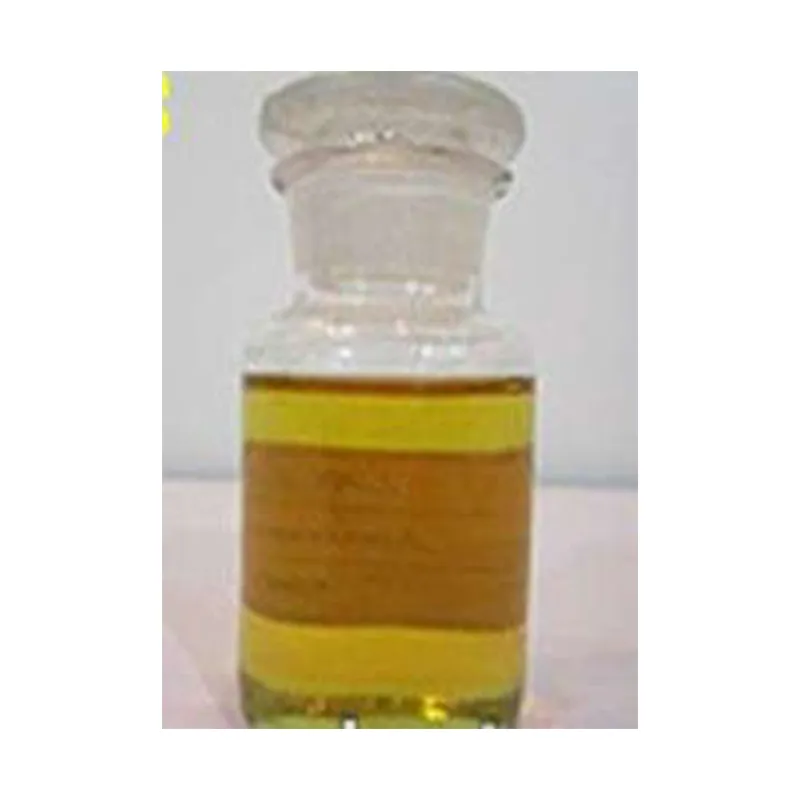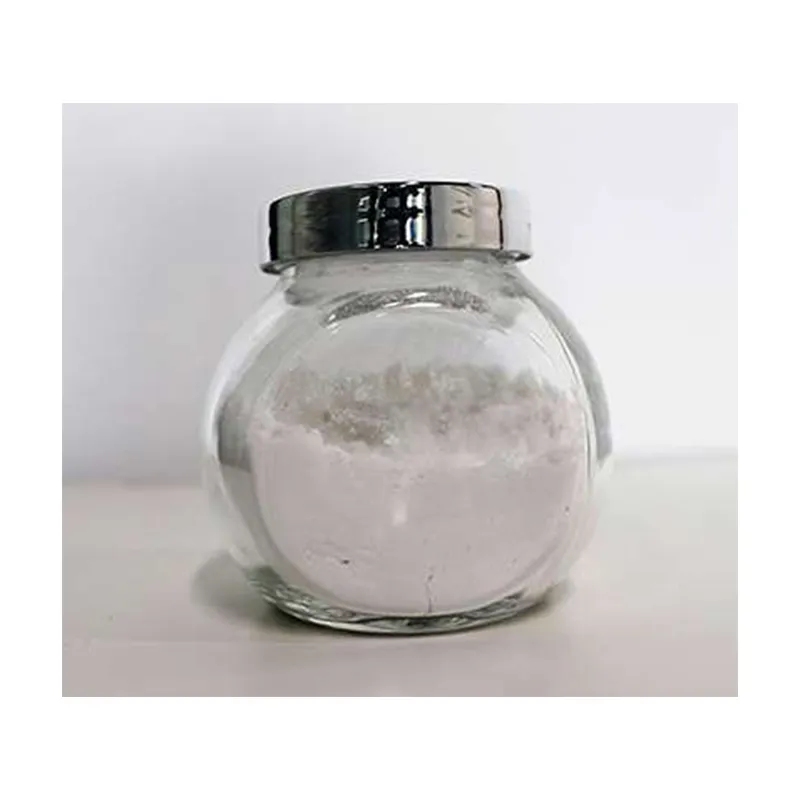Número CAS: 178928-70-6
Fórmula molecular: C14H15Cl2N3OS
Peso molecular: 344,26
|
Ponto de fusão |
139.1-144.5° |
|
Ponto de ebulição |
486.7±55.0 °C(Predicted) |
|
Densidade |
1.50±0.1 g/cm3(Predicted) |
|
temperatura de armazenamento |
Inert atmosphere, Room Temperature |
|
solubilidade |
DMSO (ligeiramente), Metanol (ligeiramente) |
|
pka |
6,9 (a 25℃) |
|
forma |
Sólido |
|
cor |
Branco a amarelo claro |
|
Símbolo (GHS) |
|
|
Palavra de sinalização |
Aviso |
|
Códigos de perigo |
|
|
RIDDARO |
UN3077 9/PG 3 |
|
Código SH |
2933998090 |
Prothioconazole is a triazolinethione derivative, which can be used as a fungicide in order to inhibit the activity of demethylase enzyme. It can be used in the treatment of infection in crops like wheat, caused by Mycosphaerella graminicola, a plant-pathogenic fungus.
Prothioconazole is widely used in agriculture as a fungicide. Its purpose in this field is to control fungal diseases in crops such as cereals, fruits, and vegetables. The mechanism of action of Prothioconazole involves inhibiting the biosynthesis of ergosterol, an essential component of fungal cell membranes. By disrupting the production of ergosterol, Prothioconazole effectively prevents the growth and reproduction of fungi, thus protecting crops from fungal infections.
O protioconazol é usado principalmente em cereais, soja, sementes oleaginosas, arroz, amendoim, beterraba e vegetais com um amplo espectro de atividade fungicida. O protioconazol tem excelente eficácia contra quase todas as doenças fúngicas em cereais. O protioconazol pode ser usado tanto como pulverização foliar quanto como tratamento de sementes.



